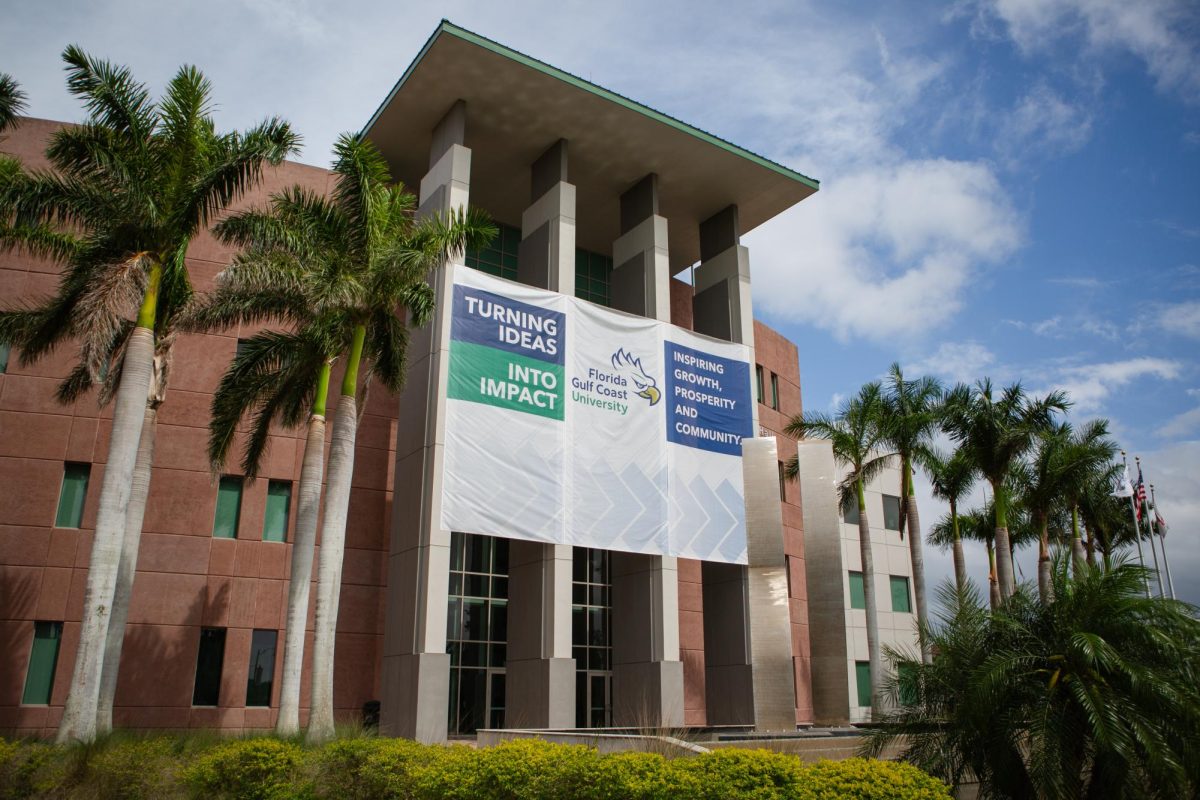The death of Supreme Court Justice Antonin Scalia has been followed by ample controversy and intensified divisions between the Democratic Party and the Republican Party.
Numerous Republicans have refused to consider Obama’s Supreme Court nominee, and Senate Majority Leader Mitch McConnell has been extremely vocal is his opposition.
“I can’t imagine that a Republican majority Senate, even if it were soon to be a minority, would want to confirm a judge that would move the court dramatically to the left,” McConnell said.
Some members of the Republican Party have gone as far as claiming that Obama does not have the authority to make a nomination.
This is completely misguided because there is a clear Constitutional right granted to the president of the United States for nominating a Supreme Court justice.
However, not all Republicans are completely opposed to the nomination of Garland. Ohio governor and Republican presidential candidate John Kasich has taken a more open-minded approach to the matter.
“Frankly, they probably ought to all sit down and meet with the guy,” Kasich said.
Joseph Ross, an FGCU professor in the political science and public administration department, believes that although confirmation is unlikely, the prospect of confirmation may change as the race for the Republican presidential nomination progresses.
“It’s important to note that President Obama nominated Judge Garland to replace the late Justice Antonin Scalia, who was the leading voice of the conservative wing of the Court,” Ross said. “Anyone nominated by a Democratic president, and even many potential Republican nominees, would be less conservative on the issues that most politicians care about than Justice Scalia was. Nothing in the Constitution requires the Senate to act on a nomination, but the move to question the president’s authority to make a nomination was seen as rather brazen.”
Although the Republican Party has tried to refute Obama’s capacity to make a nomination, the U.S. Constitution explicitly grants Obama the power to select a nominee, and he recently exercised that power when he announced his nomination of Merrick Garland.
“I’ve selected a nominee who is widely recognized not only as one of America’s sharpest legal minds, but someone who brings to his work a spirit of decency, modesty, integrity, even-handedness and excellence,” Obama said during a ceremony in the White House Rose Garden.
“These qualities, and his long commitment to public service, have earned him the respect and admiration of leaders from both sides of the aisle,” Obama said. “He will ultimately bring that same character to bear on the Supreme Court, an institution in which he is uniquely prepared to serve immediately.”
Obama’s selection is visibly a desperate plea for cooperation from the Republican Party. If Obama didn’t want to compromise, he could have selected a much younger candidate with stronger liberal loyalties.
Furthermore, Garland is 63 years old, and although members of the Supreme Court serve life terms, it would have been more advantageous for Obama to select a younger nominee, which makes it evident that Obama wanted to select someone who has a chance of being voted in. At age 63, retirement and even death are not far-off possibilities, considering Justice Scalia passed away last month at age 79.
“Republican senators may be more willing to consider Garland if faced with the prospect of President Hillary Clinton selecting a nominee who is less moderate than Garland and fifteen years younger,” Ross said. “If that happens, it would be the biggest shift in the Court’s ideology since Republican President George H.W. Bush selected justices in 1990 and 1991 to replace the two most liberal voices on the Court at the time.”
Ultimately, the Republicans should, at least, give Garland a chance before providing their definitive refusal. Obama had the right to make a nomination, and he selected an individual that people from different positions can agree on. Public support for Garland in opinion polls has been in his favor, and this nomination comes at a time when bipartisan support is much needed. If Democrats and Republicans cannot agree on confirming Garland, they might not be able to agree on anything.



































